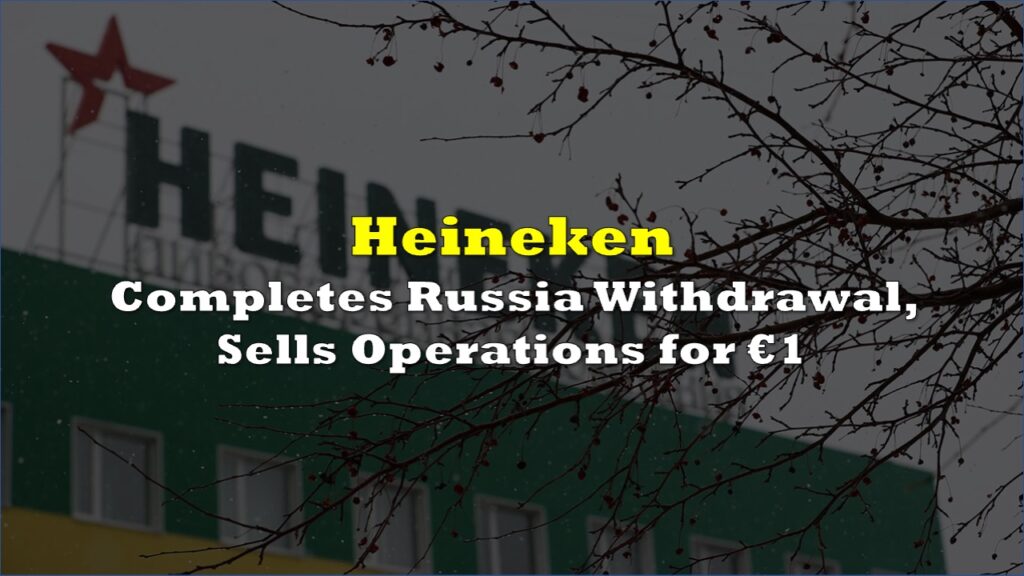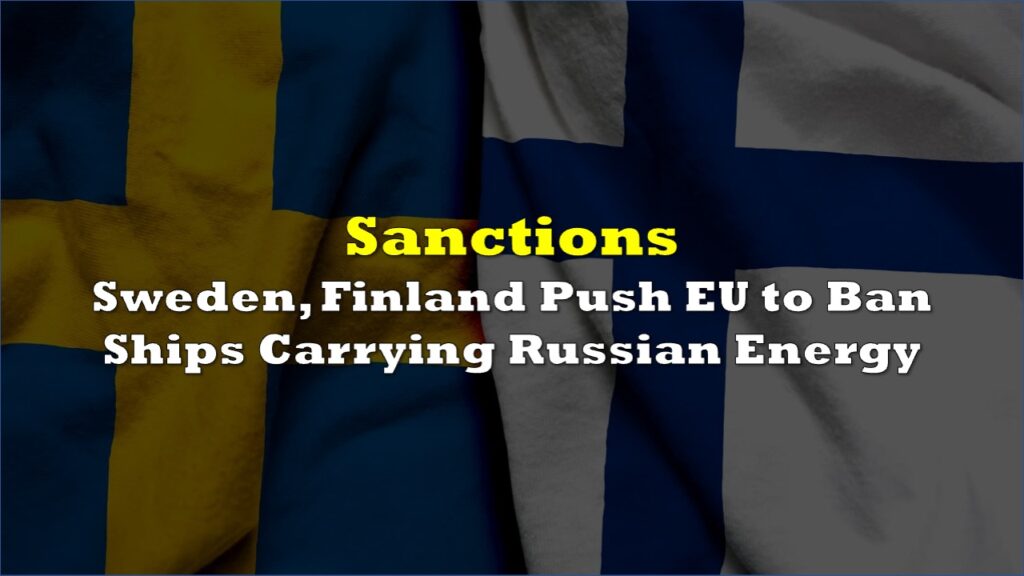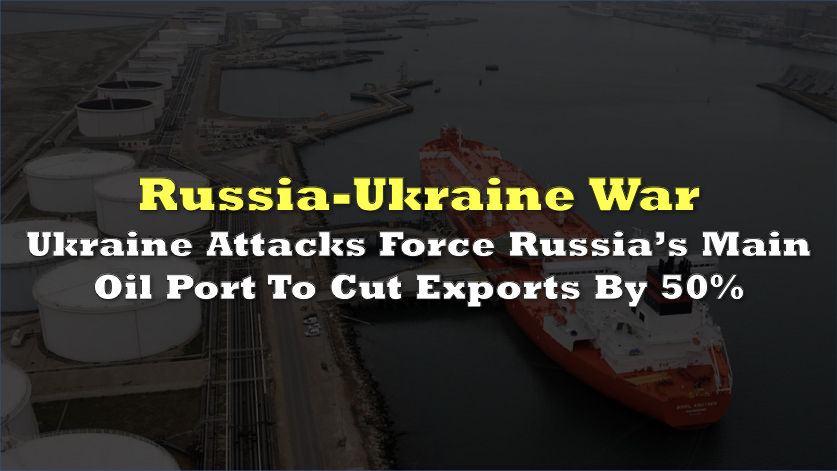Authorities across multiple European countries have dismantled a Russian-backed disinformation network that allegedly paid politicians to spread anti-Ukraine narratives and propaganda.
The widespread operation, believed to be financed by pro-Russian Ukrainian oligarch Viktor Medvedchuk, reportedly used the Voice of Europe website as a vehicle to distribute cash payments to unnamed politicians.
According to the Czech Foreign Ministry the oligarch had been covertly funding the Czech-registered website’s influence operations leading to the European Parliamentary election this year.
According to investigators in the Czech Republic and Poland, the network aimed to influence European politics and undermine support for Ukraine’s sovereignty and territorial integrity. Czech intelligence alleged that Ukrainian and Israeli citizen Artem Marchevskyi managed Voice of Europe’s day-to-day operations, under Medvedchuk’s instructions, disseminating the propaganda.
Evidence emerged that politicians from Germany, France, Poland, Belgium, the Netherlands, and Hungary received clandestine payments, either in cash during covert meetings in Prague or through cryptocurrency transactions. The German publication Der Spiegel reported the funds originated in Moscow.
While refusing to name the politicians involved, Belgian Prime Minister Alexander De Croo said that members of the European Parliament accepted money to promote Russian disinformation narratives.
“It came for example to light that Russia has approached MEPs, but also paid [them], to promote Russian propaganda here,” De Croo said while speaking at the Belgian national parliament.
Czech authorities claimed the total sums amounted to millions of crowns, equivalent to tens of thousands of dollars.
Polish authorities conducted searches in Warsaw and Tychy, seizing over €48,500 and $36,000 suspected of being linked to the illicit payments. Both the Czech Republic and Poland have sanctioned Medvedchuk and Marchevsky for their alleged roles.
An archived version of Voice of Europe’s website revealed articles expressing skepticism about military aid to Ukraine and highlighting societal divisions within European nations. The publication had amassed over 180,000 followers on X before going offline Thursday amid the crackdown.
In February, the Washington Post published an expose about a disinformation campaign launched by the Kremlin to make Ukrainian President Volodymyr Zelensky appear “hysterical and weak,” and to spread claims that he “fears that he will be pushed aside; therefore he is getting rid of the dangerous ones.”
French authorities have also earlier announced the discovery of a Russian-created network of 193 websites it codenames “Portal Kombat” designed to disseminate “deceptive or false” information about the war in Ukraine.
Information for this story was found via Reuters, BBC, Politico EU, and the sources and companies mentioned. The author has no securities or affiliations related to the organizations discussed. Not a recommendation to buy or sell. Always do additional research and consult a professional before purchasing a security. The author holds no licenses.








